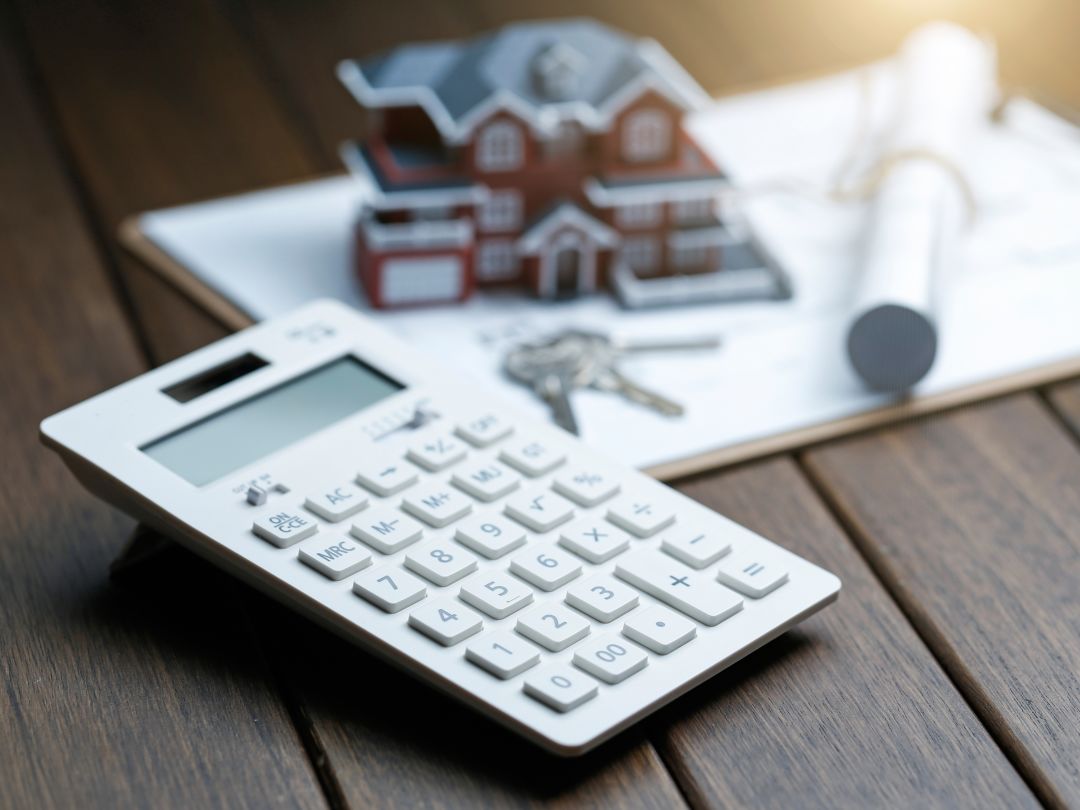By using our site, you agree to our cookie policy.
What paperwork do I need to sell my house?
When buying or selling a house, there’s always a lot of paperwork. But what certificates do you need to sell your home? What documents do you need for a mortgage? We’ve got you covered.

One of the reasons that selling your home can feel so overwhelming is the sheer amount of admin attached. It’s normal to feel a little stressed at the prospect — and people have a lot of questions. What documents do I need to get a new mortgage? What certificates do I need to sell my house? What’s an EPC?
That’s OK. Take a deep breath and remember that if you have a good team on your side, the paperwork should run smoothly. From solicitors to agents to mortgage advisors — it’s their job to take the stress off of you.
But first things first — it always helps to be prepared, so we’ll talk you through the documents you need when selling a home in the UK.
What documents and certificates do you need?
When you’re selling your home, you’ll probably see a few things referred to over and over — like floorplans and EPCs. The good news? Your agents and solicitors will guide you through it all.
First, there are also some general documents you’ll need about yourself and the property. Some of them are straightforward, like your ID, and others you probably stuffed in a folder somewhere as soon as you got them, for "safekeeping". (We all do it, don't worry.) So it's time to pull that folder out and look for:
Proof of ID Title deed Energy Performance Certificate Share of freehold information (if relevant) Property information form (TA6)

Any documents you have to hand could save you weeks of delay, so it's always best to check."
Not sure where to start? We'll talk you through each one. Your proof of ID will normally just be a passport or driver’s licence and your title deed is just proof you own the home — no surprises there.
An EPC is an Energy Performance Certificate and it’s just what it sounds like: it tells you how well your home uses energy. You’re legally required to have one within 30 days of listing your home for sale — but there may still be a valid one attached to your property if it sold in the past 10 years. As we said, your agent can sort it for you. In fact, we’ve got more information on EPCs and how to get one if you need it.
Share of freehold information, if it applies to you, would have been given to you when you bought the property and your solicitor can talk you through the TA6 form. See? It’s not as scary as it sounds. Don’t hesitate to reach out — once you see beyond the jargon, it’s all pretty straightforward.
What documents and certificates might you be asked for?
Although an EPC is a legal requirement when you sell your home in the UK, there are other documents which you’re not required to provide but you might be asked for. So though you don’t have to provide a gas safety certificate or an electric safety certificate if you’re selling (you do if you’re renting it out), you may be asked for it. Similarly, any proof of how old the boiler is, maintenance to the property, or upkeep of the roof can be useful. Any documents you have floating around about appliances or the building are worth keeping to hand, in case it comes up.

Some buyers will do an in-depth check of things like electrics and the boiler during a survey, others may be more hands-off — it’s up to the buyer how thorough their survey is. As a general rule, if you have any of these documents to hand they might be helpful: Gas safety certificate, if you have one Electric safety certificate, if you have one (it might be called a Part P Building Regulation Certificate) Any windows certification, such as a FENSA or CERTASS certificate, if you've had your windows redone Any guarantees or warranties — for your boiler, for example, or any other white goods you're planning on leaving behind Any planning permission or building regulation paperwork Any new build warranties (only if your home is a new build, of course!) If you don’t have these, it probably won’t halt a sale — but they’re handy if you have them. Any documents you have to hand could save you weeks of delay if the buyer has a lot of questions, so it's always good to check.
Documents you need for a mortgage
Most of us are selling our home in order to buy a new one, so it’s useful to start planning ahead. When you’re getting a mortgage in the UK, there are certain documents that will come up. Most of them, as you might expect, involve how much money you have and how well you handle that money — these documents will help you prequalify for a mortgage so you can get an agreement in principle. Proof of ID Proof of income (usually 3 months of payslips) Bank statements (normally for the past 3 months) Proof of funds to pay the deposit Any information on your current mortgage

Sound like a lot? Don’t worry. We actually have a guide just for the documents you need to get a mortgage in the UK — and we’re always here to answer any questions. Just like an estate agent, a mortgage broker can take care of all of the little details and help guide you through the process.
There’s no denying that there’s a lot of paperwork that can come up when selling a property (and buying a new one). But if you’re overwhelmed at the idea of finding the documents and certificates you need, try not to worry. You’ve got a team behind you — and that’s what we’re here for.
home valuation
Book a valuation
If you're seriously considering going on the market and want to know how much your home is worth, book a valuation with a Strike Agent. There’s never any obligation to sell with us. If you do want to go ahead, we can have your home online in as little as a few hours.

Documents and certificates when selling FAQ
What paperwork is required to sell a house?
As we mentioned, you’ll definitely need an Energy Performance Certificate — and your listing will also almost always have photos and a floorplan. You'll also need proof of ID and your title deed for the property (and any share of freehold information, if it applies to you). Your solicitor should help you with a T6 property information form.
Is it a legal requirement to provide a gas safety certificate when selling a house?
Do I need an electrical certificate to sell my house in the UK?
What certificates do you need when you sell a house?
What documents should I get when selling a house UK?
Do I need a gas safety certificate to sell my house?
You might also like
Thinking about selling?

Should I sell or should I extend?
When you need more space, selling might be the right choice — or you might just need a little imagination.

Cost of selling a house
From conveyancing to removals, there are many costs involved in selling a house. We’ll make sure you’re prepared.

How fast can I sell a home?
How fast can I sell a home after buying it? Here's what you need to consider.
Strike feel free
Copyright © Strike Limited 2024

